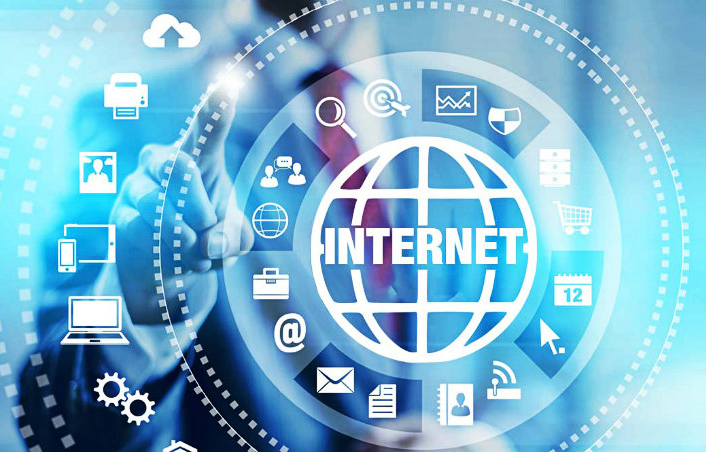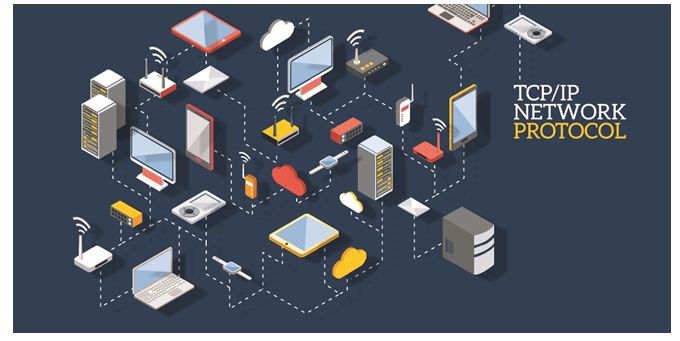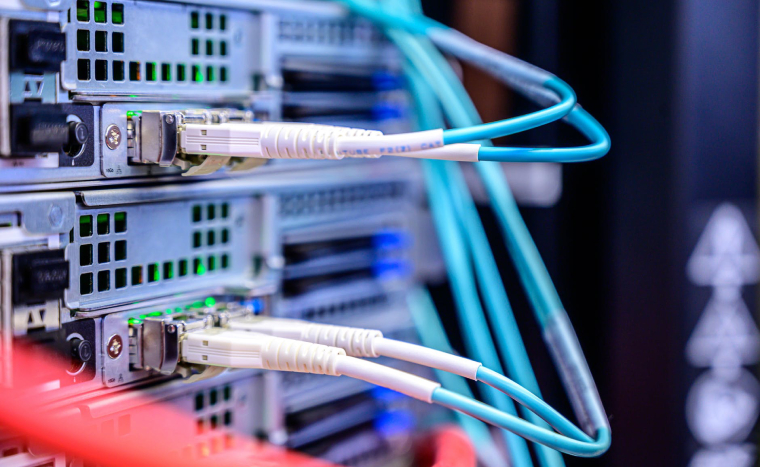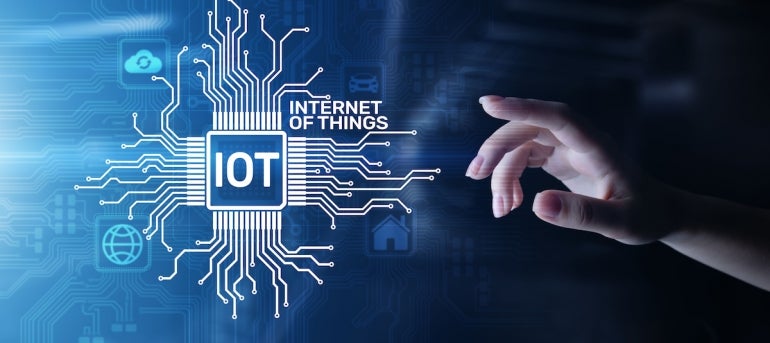The Evolution of Internet
What is Internet?
The internet is a global network of interconnected computers and devices that communicate with each other using a standardized set of protocols. It allows users to access and share information, communicate, and utilize various online services and applications. The internet is essentially a vast network infrastructure that enables the transmission and exchange of data across different locations worldwide.
At its core, the internet relies on the transmission of data packets using the Internet Protocol (IP), which defines how data is sent and received between devices. This data transmission is facilitated through various technologies, such as wired connections (e.g., Ethernet cables, fiber optics) and wireless connections (e.g., Wi-Fi, mobile networks).
Development of Internet
The development of the internet has been a fascinating and transformative journey. It originated as a project in the late 1960s called ARPANET, funded by the U.S. Department of Defense's Advanced Research Projects Agency (ARPA). Here are the key milestones in the development of the internet:
1. ARPANET: In 1969, ARPANET became the first packet-switched network, connecting four universities and research centers in the United States. This marked the birth of the internet's predecessor and laid the foundation for future developments.
2. TCP/IP Protocol: In the 1970s, the Transmission Control Protocol (TCP) and Internet Protocol (IP) were developed, establishing the set of protocols that enable data transmission and communication between computers on the internet. TCP/IP remains the fundamental protocol suite of the modern internet.
3. Commercialization and Expansion: In the 1980s, the internet transitioned from being primarily used for research and academia to a commercialized platform. The National Science Foundation Network (NSFNET) played a crucial role in expanding the internet's infrastructure and connecting more organizations and institutions.
4. World Wide Web (WWW): In 1989, Tim Berners-Lee, a British computer scientist, invented the World Wide Web. It was a breakthrough concept that allowed the creation and navigation of web pages using hypertext links. The WWW brought a user-friendly interface to the internet and revolutionized information access and sharing.
5. Dot-com Boom: The 1990s witnessed the dot-com boom, with a surge in internet-based businesses and startups. E-commerce, online services, and web-based applications started gaining traction, paving the way for new business models and opportunities.
6. Broadband and Mobile Internet: The 2000s saw significant advancements in internet connectivity. Broadband technology became widely available, providing faster and more reliable internet access. Mobile internet also emerged, enabling people to connect to the internet using smartphones and other mobile devices.
7. Social Media and Web 2.0: The mid-2000s brought the rise of social media platforms like Facebook, Twitter, and YouTube. Web 2.0 technologies emphasized user-generated content, interactivity, and collaboration, transforming the internet into a dynamic and participatory platform.
8. Cloud Computing: Cloud computing emerged as a paradigm in the late 2000s, allowing users to access and store data, applications, and services remotely. Cloud computing revolutionized the way businesses and individuals utilize computing resources, offering scalability, flexibility, and cost-effectiveness.
9. Internet of Things (IoT): The IoT refers to the network of interconnected devices and objects embedded with sensors, software, and connectivity capabilities. It allows devices to communicate and share data over the internet. The IoT has expanded the internet's reach to various industries and sectors, enabling smart homes, connected cars, and industrial automation.
10. Future Developments: The development of the internet continues to evolve. Emerging technologies like 5G, artificial intelligence, virtual reality, and blockchain hold the potential to shape the internet's future, enabling faster speeds, enhanced connectivity, and new digital experiences.
Overall, the development of the internet has been a remarkable journey, transforming the way we communicate, access information, conduct business, and interact with the world. It has become an integral part of our daily lives, connecting billions of people and revolutionizing nearly every industry and aspect of society.
More:
How E-waste is Harmful to us ?
The Impact of Social Media on Communication and Connection in Today's Society










Comments
Post a Comment